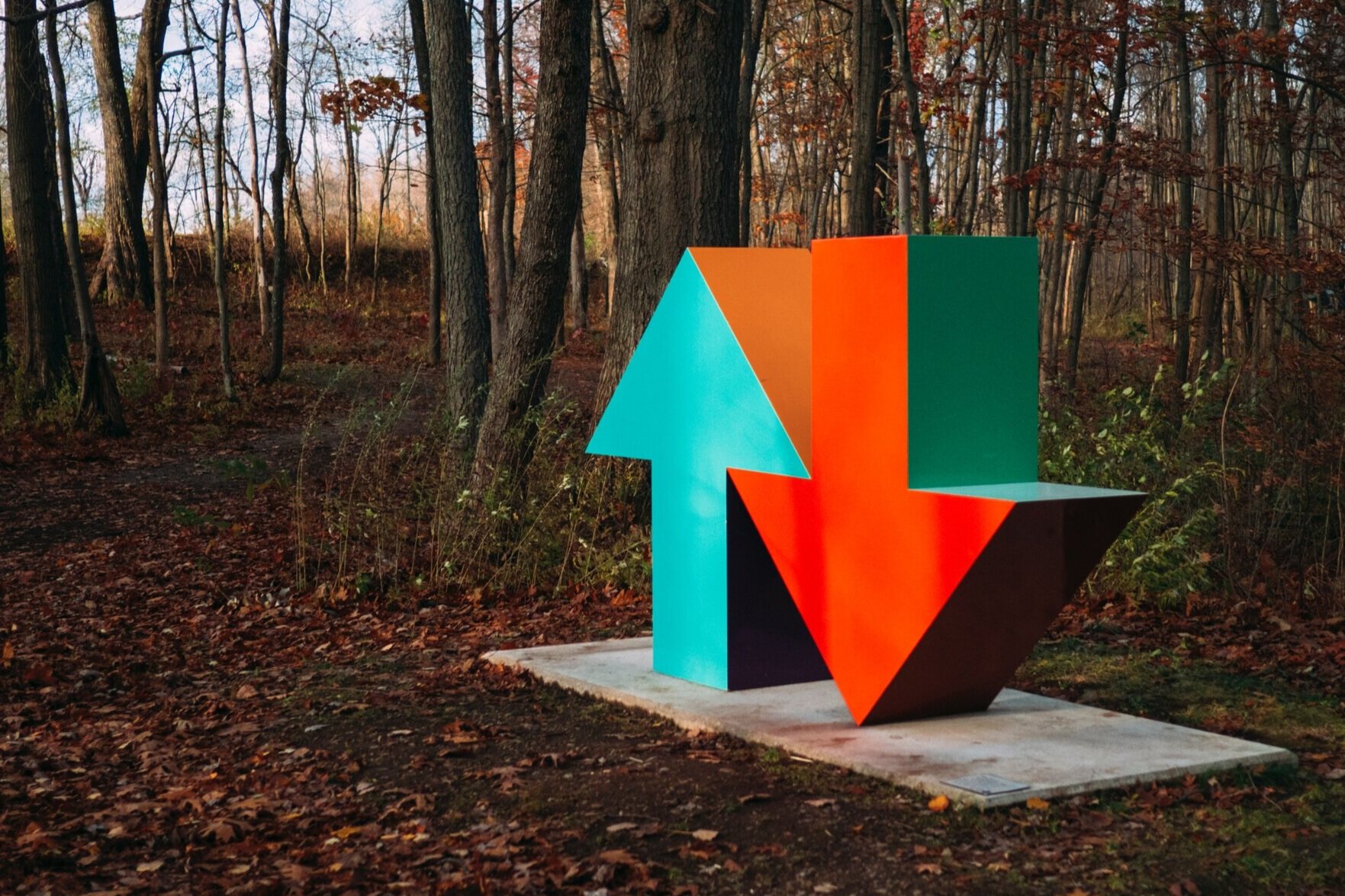By Leyya Sattar
In May, I posted a graphic on The Other Box’s Instagram page that contained inaccurate information, whilst encouraging people in the caption to be mindful of posting inaccurate content. I hadn’t done my research on the post, and was rightfully called out by followers for sharing content that misrepresented a group of people and caused harm.
In hindsight, I should have updated the caption or removed the post entirely to stop it from being spread further. However, at that moment, I completely froze, panicked and didn't know what to do. I was so overwhelmed by the number of DM's we were receiving and comments on the post, which caused my anxiety to spike. I was anxious about the harm I had caused the community, the distressing messages that the company page was receiving, and worrying about 'cancel culture' and the potential impact this could have on the business. My emotions completely overtook me, and at that moment, my stress response kicked in - and that was to freeze.
I'm so grateful to my team and that I was able to seek support and guidance, where we collectively decided on the next steps. We kept the post up for 24 hours as a learning moment. We then issued a public apology the next day, taking accountability as a team for my mistake.
The situation made me reflect on what I teach companies on allyship, inclusion and how we need to be lifelong learners. Meaning we're not always going to get it right. We have to push through the discomfort, keep learning and commit to growing and evolving our understanding of the world. Of course, that's easier said than done, but that's also why allyship and inclusion is a practice that takes time, effort and consistency.
No one ever wants to feel like the 'bad person’, and the fear people have for being called out, being 'cancelled', or worrying about saying the wrong thing often stops them from taking any action in the first place and speaking up about sensitive topics. Because of this, and because of what I recently experienced, I wanted to share four things that I learned:
Fact check before posting
I could have avoided a heap of stress if I had just slowed down and researched the post's content before sharing it on Instagram. Especially as many people follow the TOB Instagram for reliable, accurate information and resources. As a team, we've created a process to ensure this doesn't happen again, and this is to vigorously fact-check posts before resharing them on our platform.
Impact over Intention
Impact over Intention is a mantra at TOB HQ and discussed in all of our training sessions.
Everyone has a different perspective, lived experience, and set of biases that drive their actions. People often try to explain their actions based on their intentions, but others may have a very different perception of the overall impact of those actions (via healthline.com).
With that in mind, this is why it's crucial in the work of inclusion and allyship to focus on the impact of your behaviour and actions OVER your intention. I had the best of intentions publishing a post that I found informative, but the effect of sharing the post, which was inaccurate, caused harm and distress.
How to take accountability
Personal accountability is defined as: "being willing to answer for the outcomes resulting from your choices, behaviours, and actions."
When you take accountability, you take ownership of situations that you're involved in. You see them through, and you take responsibility for what happens – good or bad. You don't blame others if things go wrong. Instead, you do your best to make things right. (via mindtools.com)
When it comes to making things right, this means putting aside your pride, ego and defensiveness by being honest about how you messed up, then apologising and learning from your mistake.
Failing with transparency
Inclusion and allyship are about action - and there is no such thing as the perfect ally. Especially when we’re focusing on marginalised communities and histories that include challenging, complex issues. The truth is, we all make mistakes, and we are all capable of causing hurt, harm and offending people. It's how you handle the mistake that matters.
I learned from this experience: when you make a mistake and receive criticism or feedback - as much as I wanted to jump to defend myself, the best thing I did was to let the criticism and feedback happen and lean into the discomfort.
It felt really gross, but this is part of the inclusion and allyship journey. Listening to feedback, apologising sincerely, learning from the feedback then moving on and working out a better way next time - making sure you integrate the new learnings.
Failing with transparency is about being open to this process. It’s about continuing on your learning journey, and communicating your wins (and highlights) as well as your losses (and failures).
Banner image by Susan Q Yin on Unsplash
